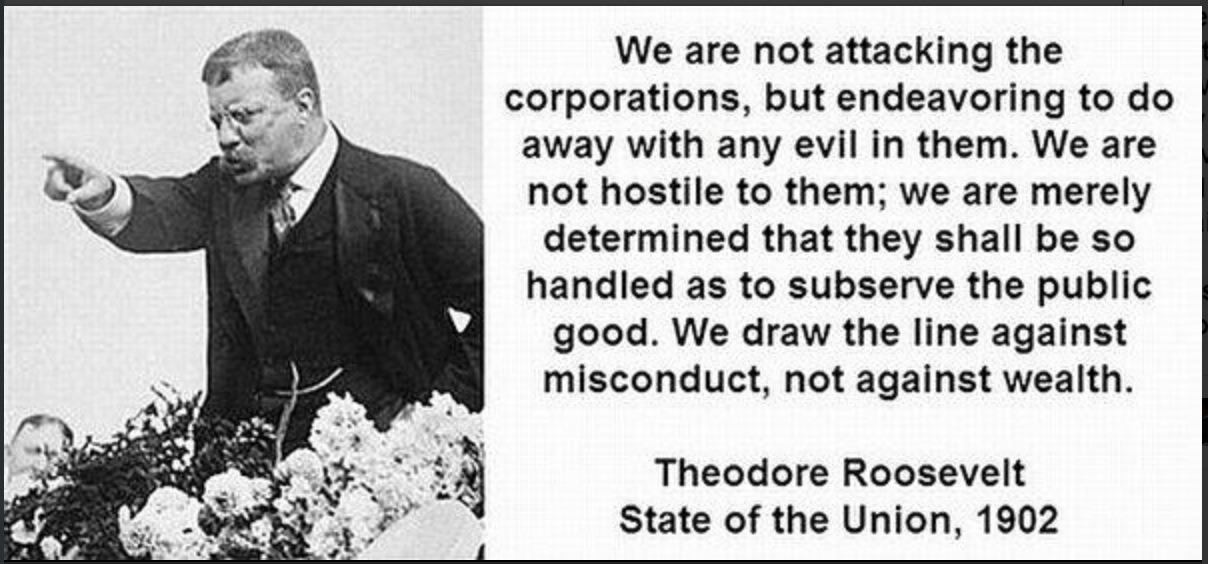The topic of China's real estate bubble, its ghost cities, and its emerging middle class – who now have enough money to invest and have piled into houses not stocks – and have been dubbed "fang nu" or housing slaves (a reference to the lifetime of work needed to pay off their debts); is not a new one here but, as Bloomberg reports, the latest report from economist Gan Li shows China’s households are massively exposed to an oversupplied property market.
The Chinese have piled their savings into real estate…
not stocks (like Americans)…
But the inevitable bursting of the bubble is a problem the PBOC can't run from forever…
Via Bloomberg's Tom Orlik,
China’s households are massively exposed to an oversupplied property market according to a new survey by economist Gan Li, professor at Southwestern University of Finance and Economics in Chengdu, Sichuan and at Texas A&M University in College Station, Texas.
A 2013 survey of 28,000 households and 100,000 individuals provides striking insights on the level and distribution of household income and wealth, with far reaching implications for the economy. About 65 percent of China’s household wealth is invested in real estate, said Gan. Ninety percent of households already own homes, and 42 percent of demand in the first half of 2012 came from buyers who already owned at least one property.
“The Chinese housing market is clearly oversupplied,” said Gan. “Existing housing stock is sufficient for every household to own one home, and we are supplying about 15 million new units a year. The housing bubble has to burst. No one knows when.” When it does, the hit to household wealth will have a long term negative impact on consumption, he said.
China’s household income is significantly higher than the official data suggest. Average urban disposable income was 30,600 yuan in 2012, according to the survey. That’s 24 percent higher than in the National Bureau of Statistics’ data. These results suggest official statistics may overstate China’s structural imbalances, which shows household income as an extremely low share of GDP.
Many wealthy households understate their income in the official data. China’s richest 10 percent of urban households enjoy an average disposable income of 128,000 yuan per capita a year, according to Gan’s survey. That’s twice as high as the same measure in the NBS report. The poorest 20 percent get by on about 3,000 yuan, pointing to significantly greater wealth inequality than in the U.S. or other OECD countries.
The wealth disparity helps explain China’s imbalance between high savings and investment and low consumption. Rich households have a significantly higher savings rate than poor households. The wealthiest 5 percent save 72 percent of their income, compared with the national average of 36 percent and 40 percent of households with no savings at all in 2012.
“The solution to boosting consumption is income redistribution,” said Gan. “Compared to the U.S. and other OECD countries, China has done very little in this area.” The survey also provides insights into China’s widespread informal lending. A third of households are involved in peer-to-peer lending, according to Gan.
Zero-interest loans between friends make up the majority. Interest, when charged, is typically high, averaging a 34 percent annual rate. That underscores the usurious cost of credit for businesses and households excluded from the formal banking sector.
And yet the bailout of one trust product has the world declaring that China is fixed again!??
via Zero Hedge http://ift.tt/MbhKpp Tyler Durden

